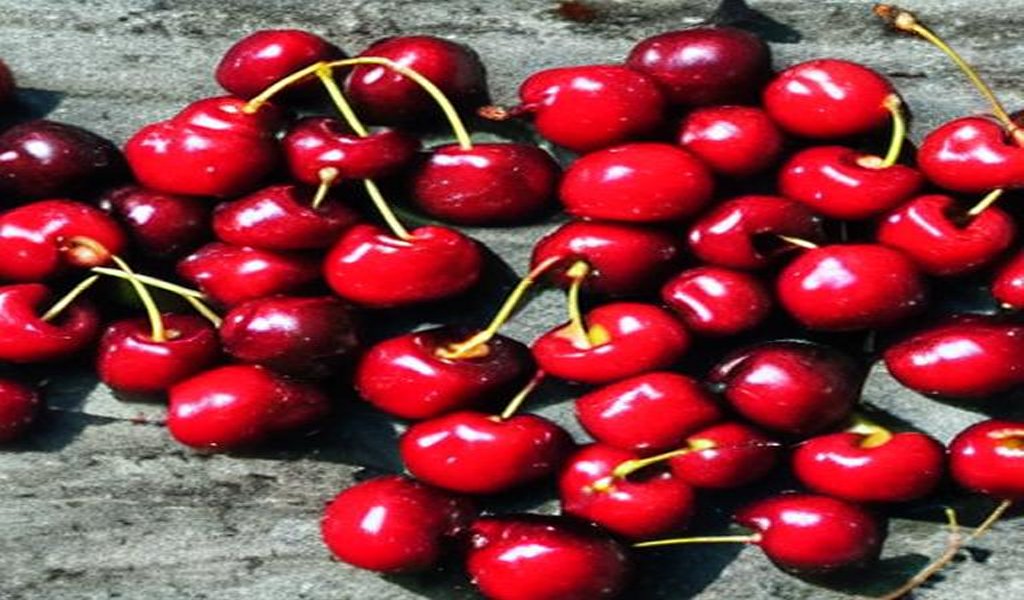Vegan Gummies
Gelatin is traditionally made from animals, but that doesn’t mean you cannot make your own gummies just because you follow a vegan lifestyle and diet.
While many people go vegan for ethical reasons, there are many potential benefits too, such as:
- Weight loss: many people find that they lose weight on a vegan diet because they are cutting out calorie-dense animal products and replacing them with nutrient-dense plant-based foods.
- Lower blood pressure: a vegan diet may help to lower blood pressure and reduce the risk of heart disease.
- Improved kidney function: some research suggests that a vegan diet may help to improve kidney function in people with kidney disease.
- Lower risk of certain cancers: some studies have found that a vegan diet may be associated with a lower risk of certain types of cancer, such as colon, breast, and prostate cancer.
- Improved digestion: a vegan diet can be high in fiber, which can help to improve digestion and prevent constipation.
- Better blood sugar control: a vegan diet may help to improve blood sugar control in people with diabetes.
- Improved brain health: some research suggests that a vegan diet may be associated with a lower risk of cognitive decline and a reduced risk of developing Alzheimer’s disease.
It’s important to note that everyone’s nutritional needs are different, and it’s important to make sure that you are getting all of the nutrients that you need on a vegan diet. It may be helpful to work with a registered dietitian to ensure that you are meeting your nutritional needs.
There are, however, some potential risks to consider when going vegan, including:
- Nutrient deficiencies: a vegan diet can be nutrient-dense, but it is important to make sure that you are getting enough of certain nutrients that are commonly found in animal-derived foods, such as protein, iron, calcium, zinc, and vitamin B12. These nutrients can be obtained from fortified foods or supplements.
- Difficulty eating out: it can be more difficult to find vegan options when eating out at restaurants or at social gatherings. This can sometimes lead to social isolation or the need to plan ahead when eating out.
- Higher cost: plant-based alternatives to animal-derived products, such as meat and dairy, can be more expensive than the traditional versions.
- Increased reliance on processed foods: some vegans rely on processed vegan foods, such as mock meats and cheeses, which may be high in sodium and additives.
It’s important to be mindful of these potential risks and to take steps to ensure that you are meeting your nutritional needs on a vegan diet. It may, therefore, be helpful to work with a registered dietitian to ensure that you are meeting your nutritional needs.
Here’s a recipe for delicious vegan gummies:
Ingredients
- 1 cup organic fruit juice (such as apple, cherry, or grape)
- 2 tablespoons organic cornstarch
- 3 tablespoons organic agave nectar or maple syrup
- 2 tablespoons organic lemon juice
- 2 tablespoons organic tapioca starch
- 1/4 teaspoon organic turmeric (optional, for color)
Lakewood Pure Tart Cherry, Fresh Pressed, (32 Fl Oz (Pack of 6))
Price: $75.01 ($0.39 / Fl Oz)
11 used & new available from $66.95 ($0.35 / Fl Oz)
Instructions
- In a small saucepan, combine the fruit juice, cornstarch, agave nectar, and lemon juice. Cook over a medium heat, stirring constantly, until the mixture begins to thicken and boil.
- Remove the saucepan from the heat and stir in the tapioca starch and turmeric (if you are using this). The mixture should become very thick and sticky.
- Pour the mixture into a silicone gummy mold (or a shallow dish lined with parchment paper) and refrigerate until firm, for about one to two hours.
- Once the gummies are firm, remove them from the mold or cut them into shapes using a small cookie cutter.
Note: You can use any type of fruit juice that you like, and you can also add a few drops of natural food coloring if you want to give your gummies a brighter color. You can also try using other sweeteners, such as honey or coconut sugar, in place of the agave nectar or maple syrup, but try to use organic products if you can.
Note: other alternatives to gelatin, apart from tapioca starch, include agar agar, kudzu, and pectin.
